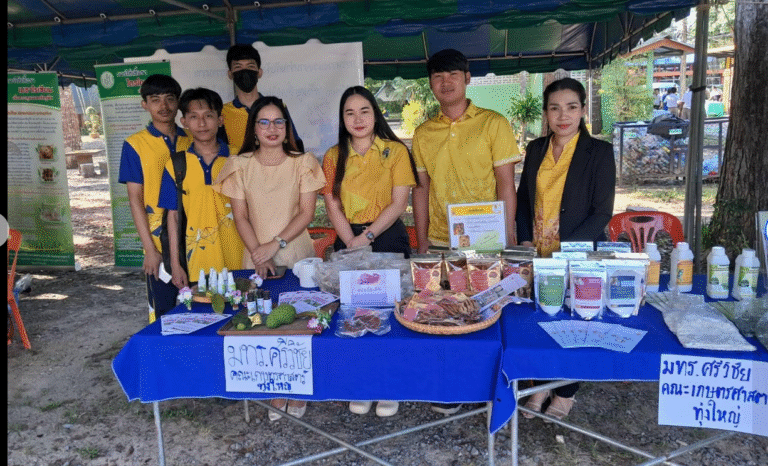Reporters: Mr. Sujinda Saehan, Mr. Ekkajak Intarat, Mr. Nitigon Jumniansuk, Mr. Thanet Sangseejun
Evidence Date: November 21st, 2024
Related SDGs: 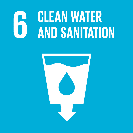
Related Indicators: 6.5.1, 6.5.5, 6.5.7
Details:
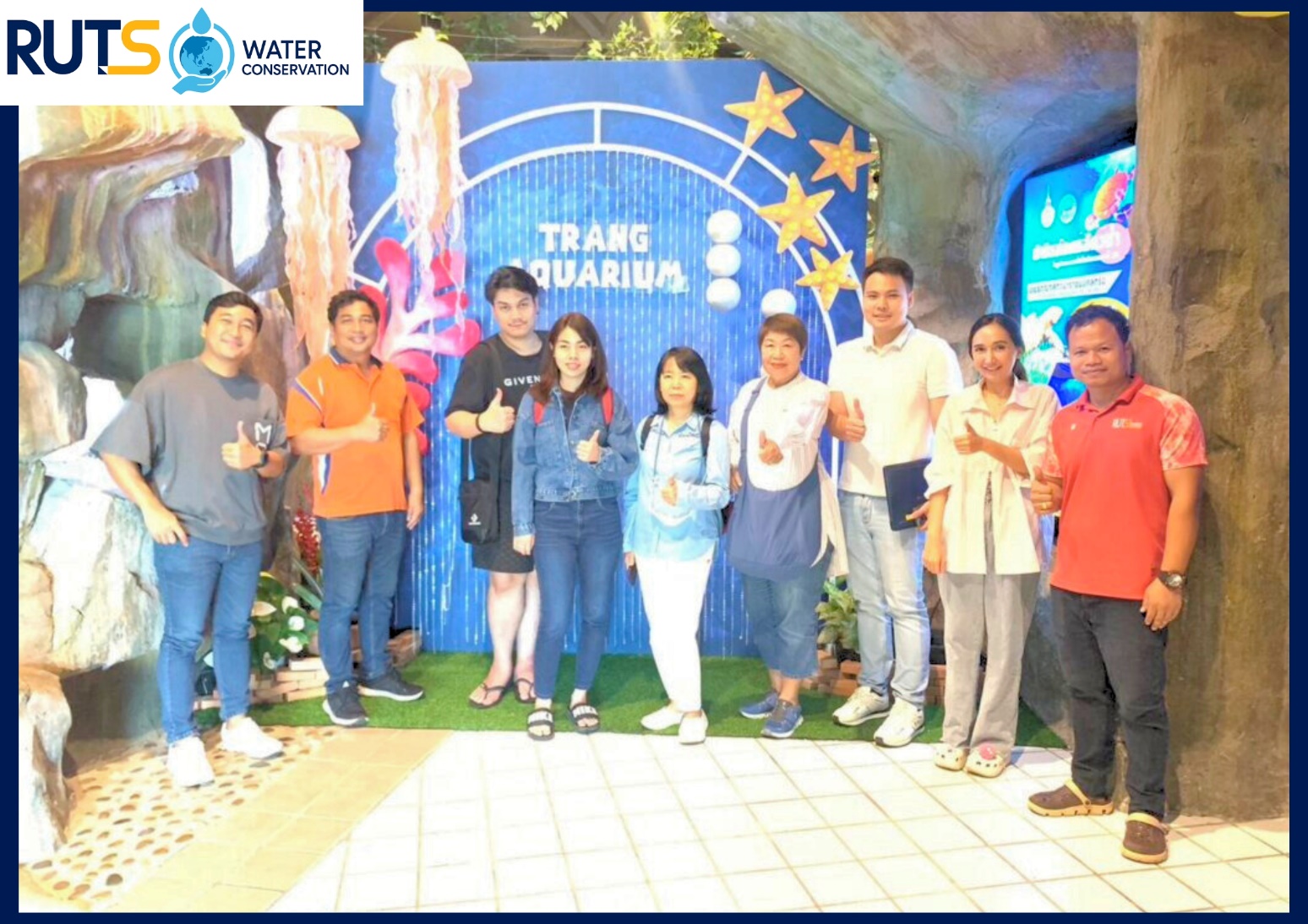
On November 21, 2024, the Institute of Natural Resources and Environment at Rajamangala University of Technology Srivijaya (RUTS), Trang Campus, warmly welcomed participants of the “Pee Poom Pui Brings Dugongs Home” project, organized by Kwang Pai San Food Products Public Company Limited.
The event was held under the guidance of Assistant Professor Dr. Prasert Thongnunui, Director of the Institute, and coordinated by Mr. Somphop Yisun, Senior Fisheries Technical Officer, together with institute staff. During the activity, participants visited the Rajamangala Trang Aquarium, where they learned about the biology and ecology of dugongs, an endangered marine mammal, as well as other rare and protected marine species, including sea turtles. The educational session aimed to raise awareness of marine biodiversity, highlight the ecological importance of these species, and inspire collective action toward marine conservation.
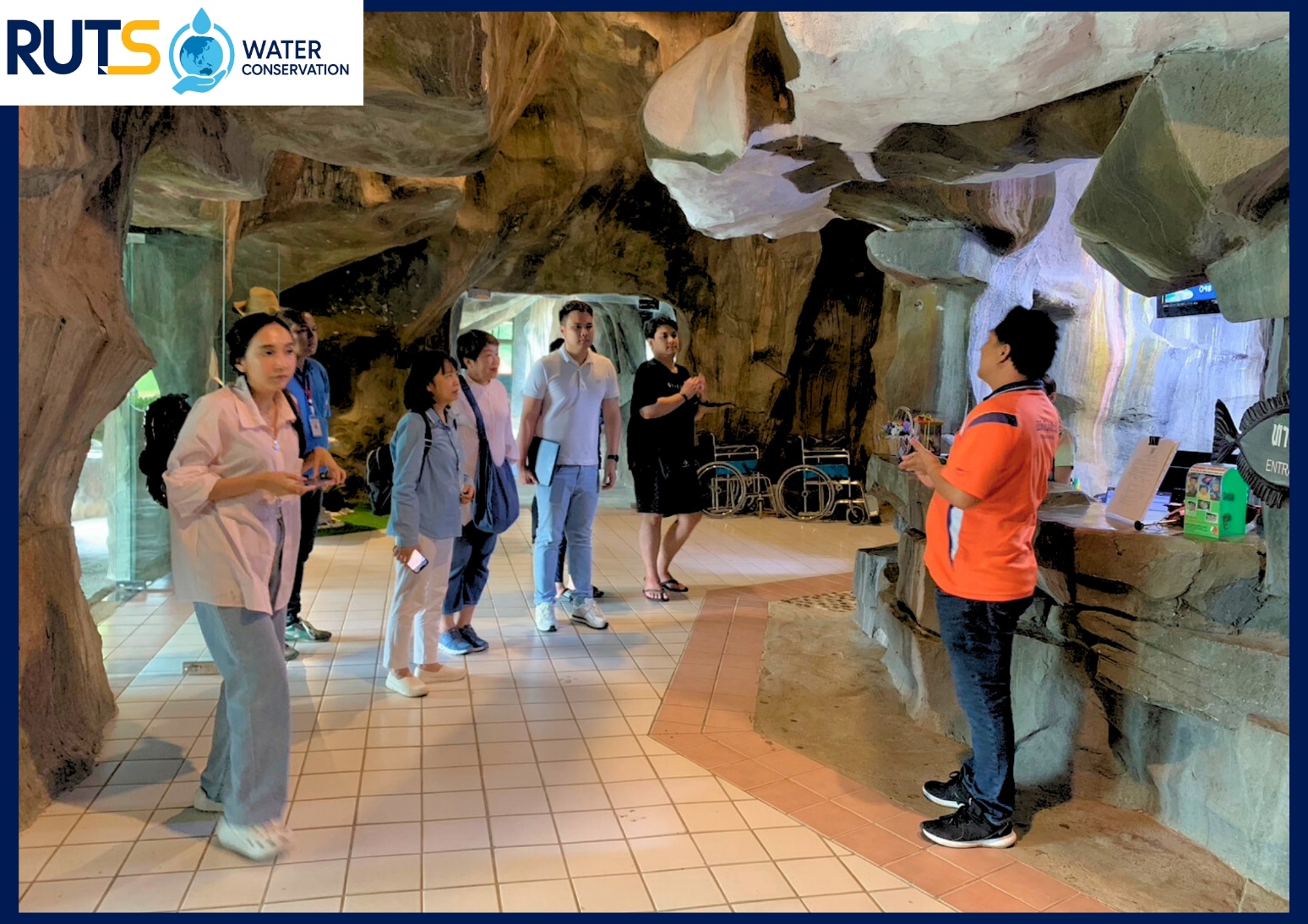
This initiative reflects RUTS’s ongoing commitment to advancing sustainable marine resource management through education, research, and community engagement. By fostering collaboration between the academic, private, and local sectors, the university continues to serve as a hub for environmental stewardship, encouraging society to value and protect natural ecosystems that sustain both people and the planet.
Moreover, the conservation of coastal and marine ecosystems directly supports cleaner water systems, healthy aquatic life, and balanced ecosystems that filter pollutants naturally, aligning with the principles of Sustainable Development Goal 6: Clean Water and Sanitation. Healthy marine environments—such as seagrass meadows, mangroves, and coral reefs, which serve as key habitats for dugongs—play a vital role in purifying coastal waters, trapping sediments, and reducing nutrient pollution. Protecting these habitats not only preserves biodiversity but also strengthens the natural capacity of ecosystems to maintain clean and safe water resources for future generations.
Through initiatives like this, RUTS continues to integrate environmental education, community collaboration, and sustainability practices to create a cleaner, healthier, and more resilient environment for all.
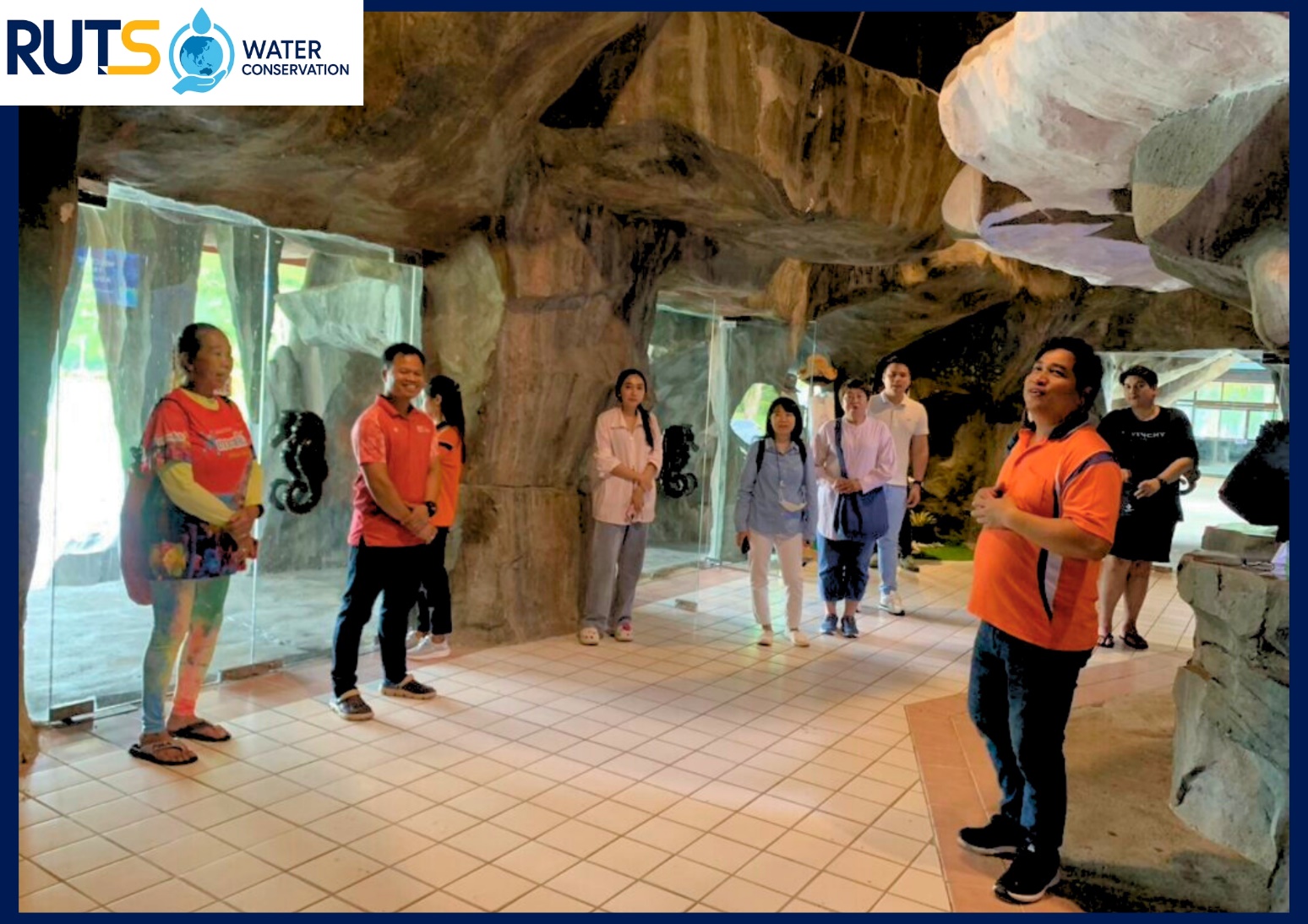
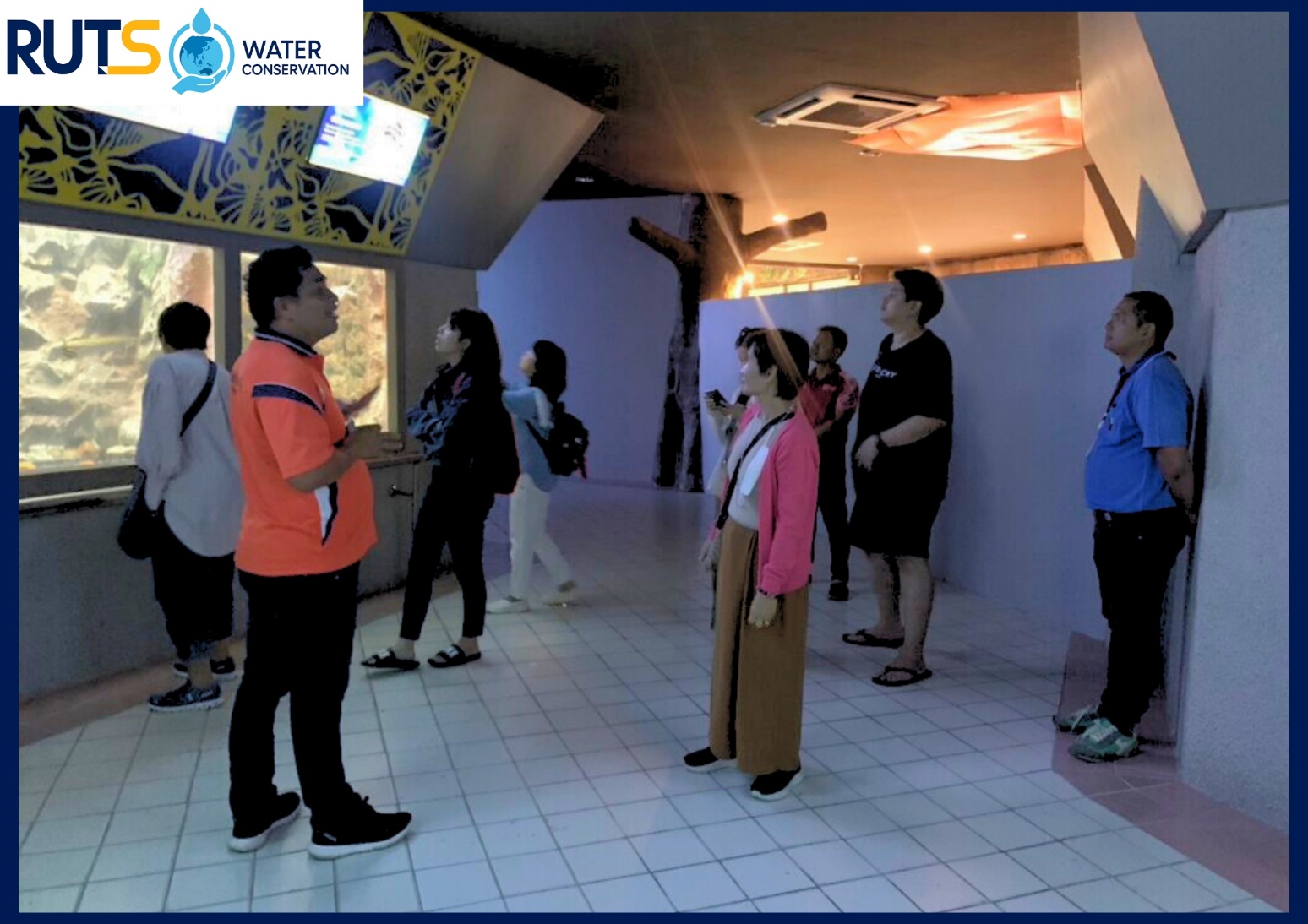
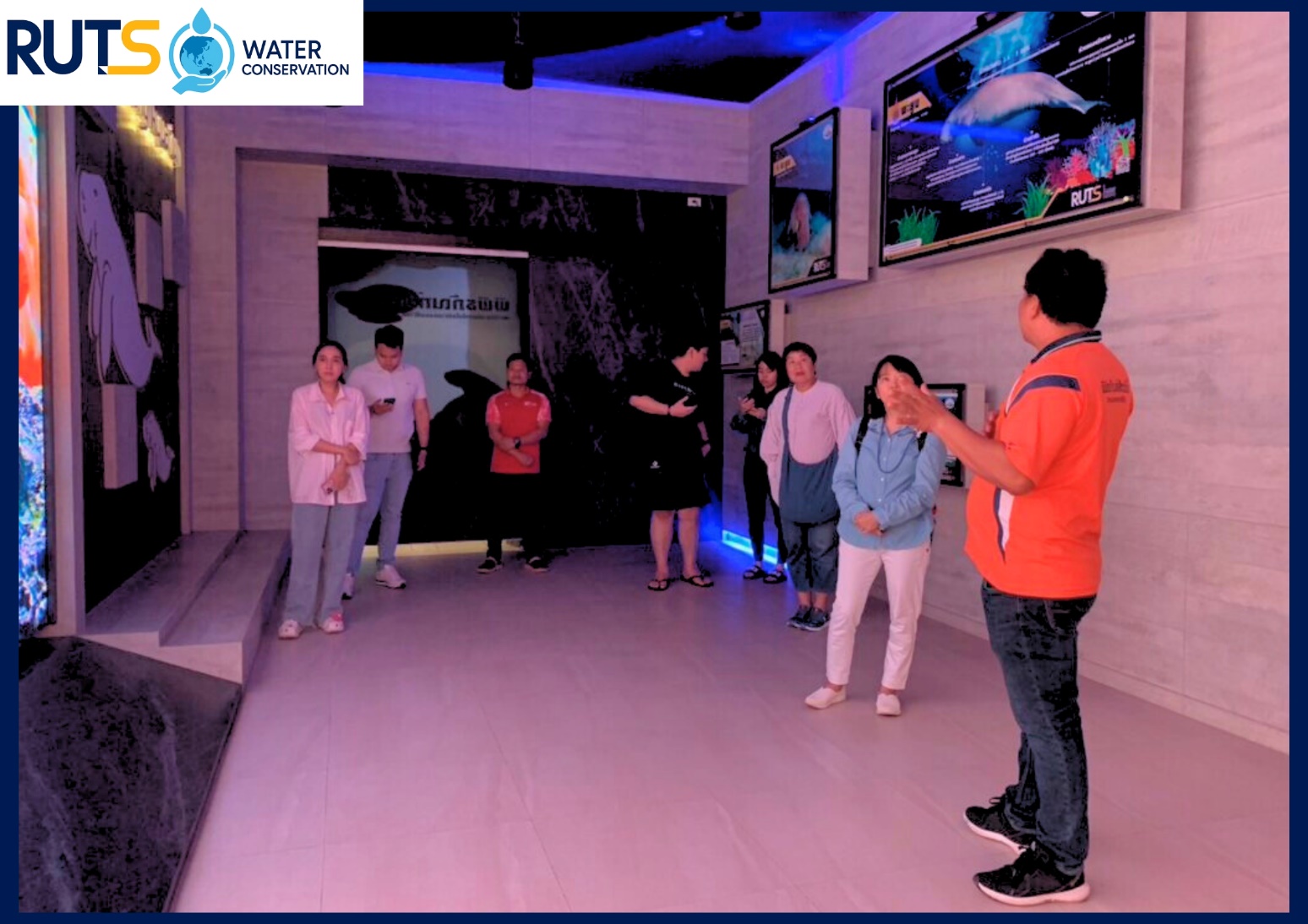
Related Links:



